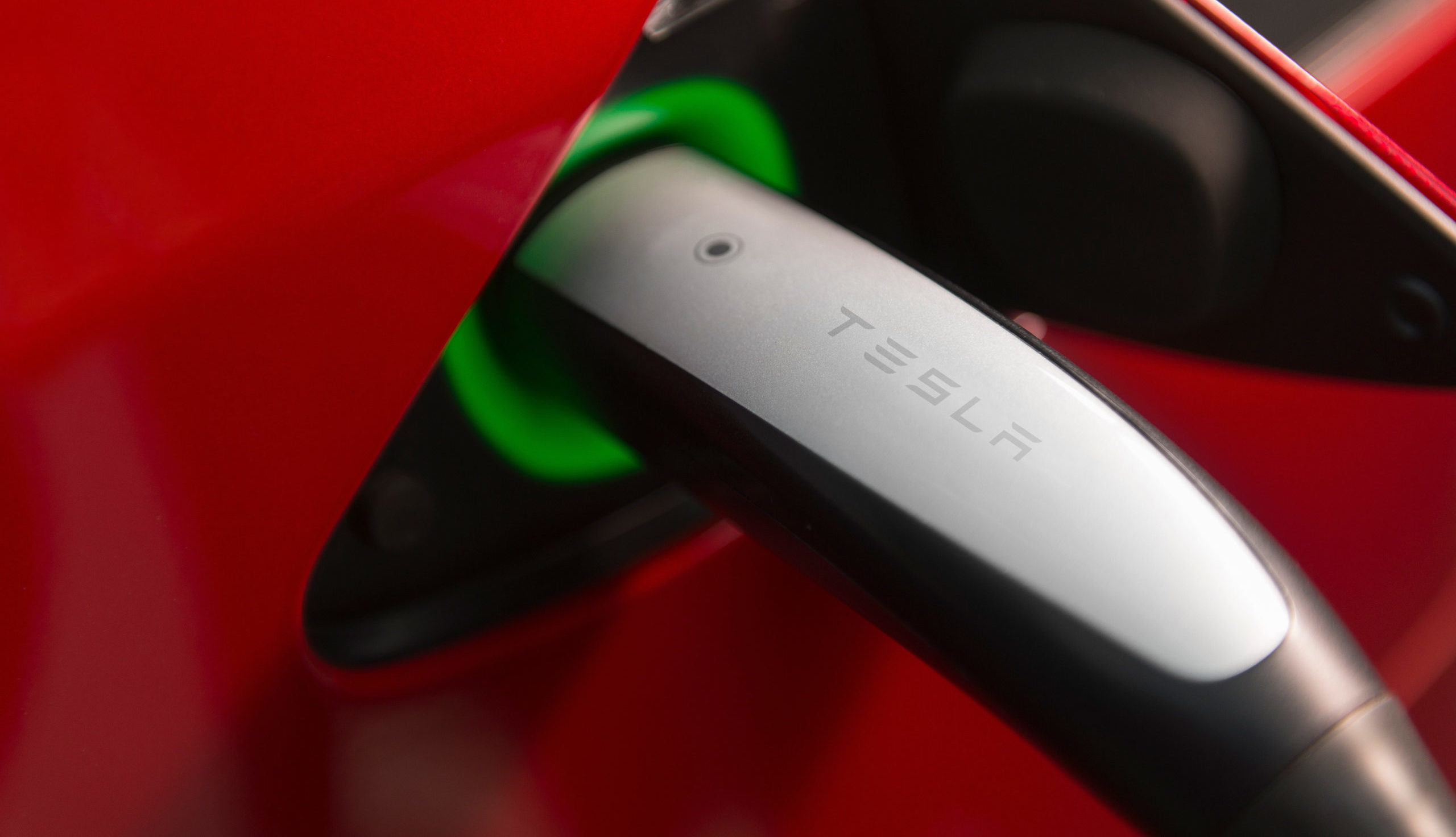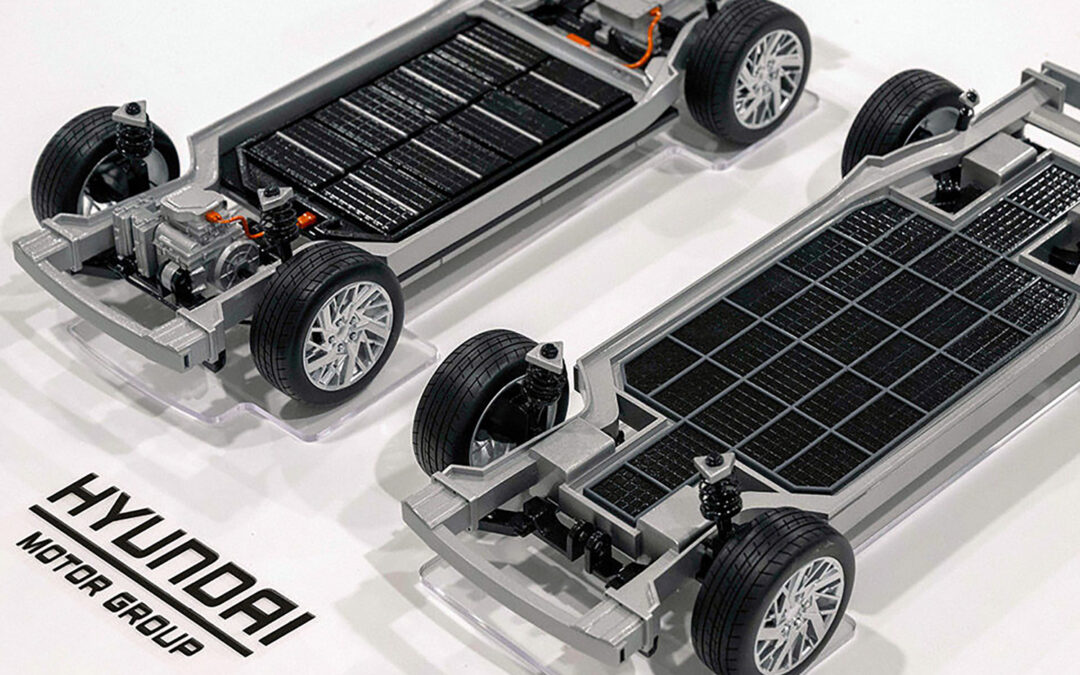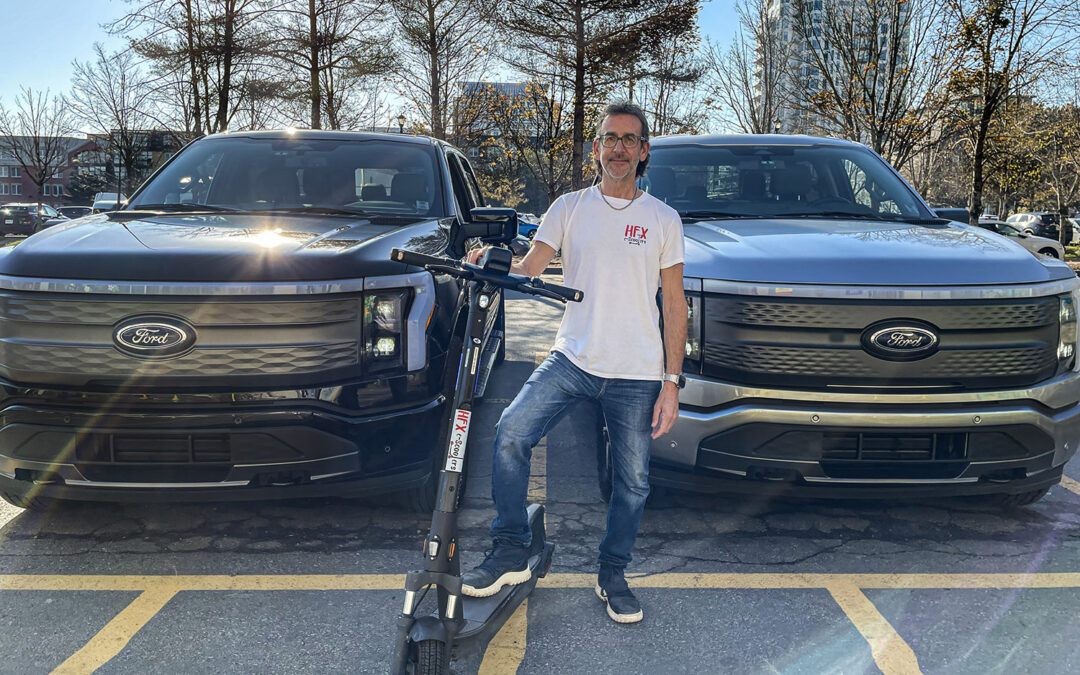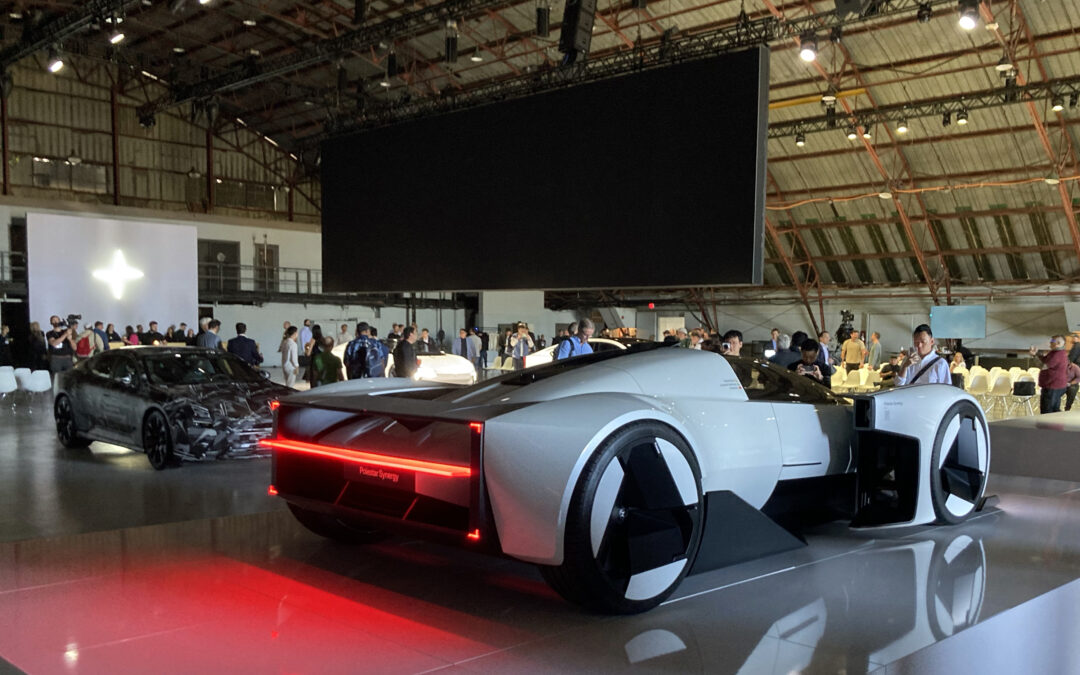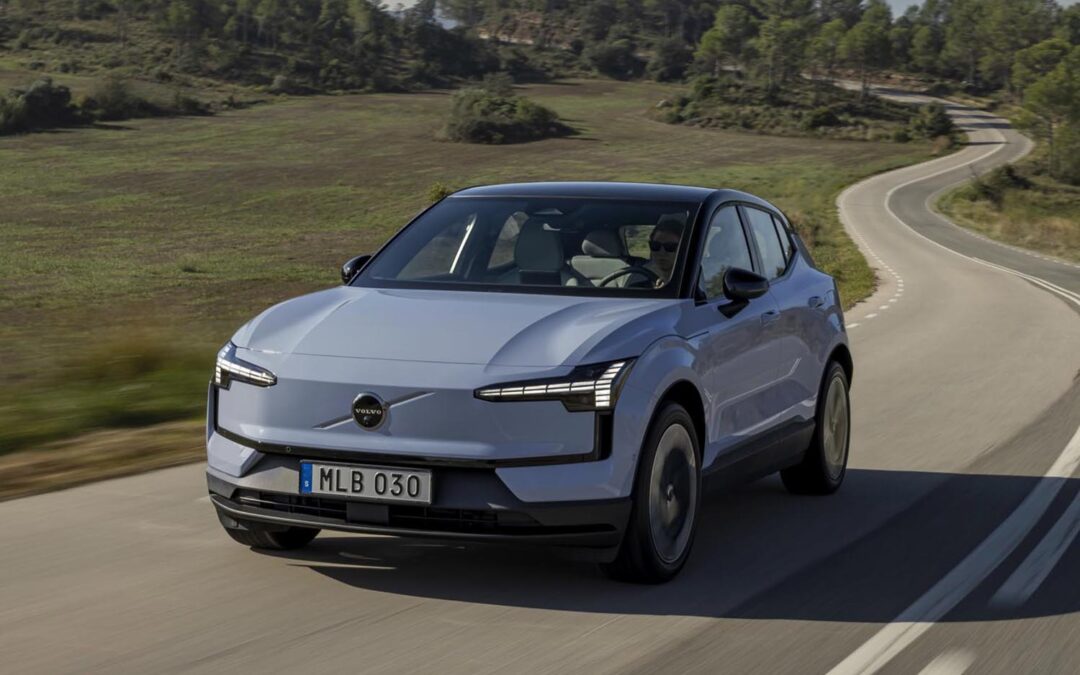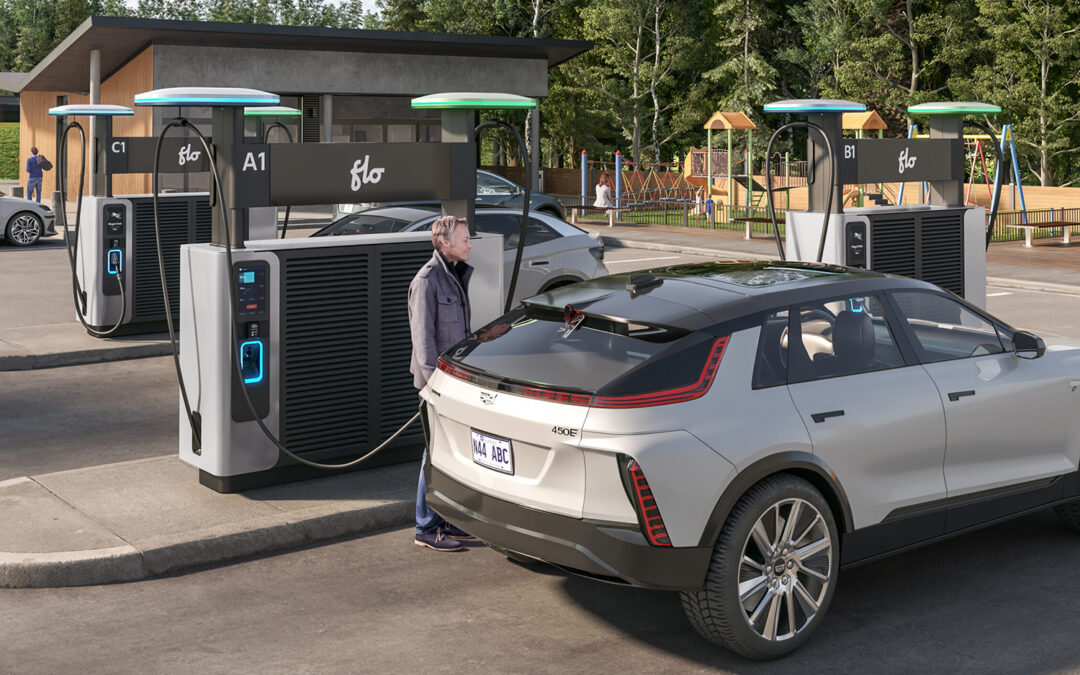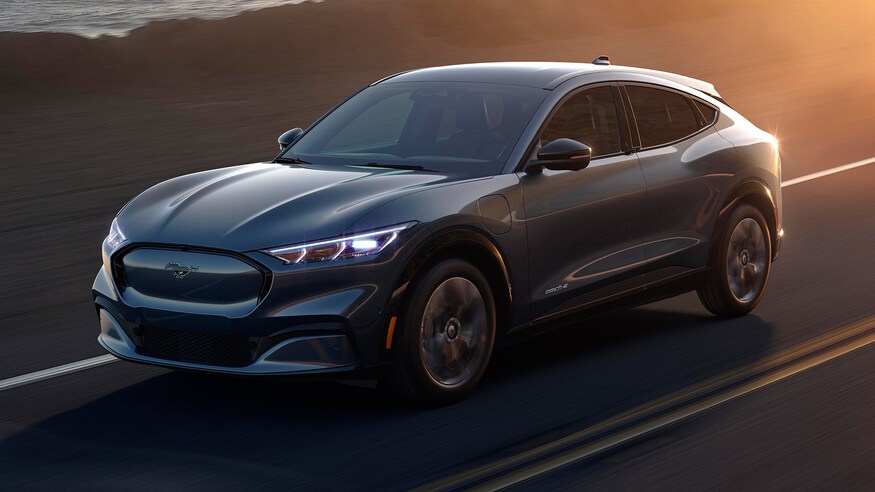On Friday, Tesla declared it was opening up its Supercharger connector for use by anybody, and urged charging network operators and EV manufacturers to use its connector standard, which the automaker now refers to as “the North American Charging Standard” (NACS).
This request is specific to the US market, as Tesla already committed to the CCS standard for Europe, which is the EV fast-charging competitor to NACS. Tesla argues that, compared to all charging connectors in North America, NACS is “the most proven”, and outnumbers CCS two to one. The automaker also notes that there are 60 per cent more NACS connectors than CCS connectors in the US. Moreover, according to the US Alternative Fuels Data Center, breaking down US fast-charging by type, Tesla now has more ports than CCS and CHAdeMO combined.
Read more: Tesla confirms development of cheaper EV
Tesla has further bolstered its argument by pointing out that NACS connectors take up half the space as CCS connectors, and is the only connector that was “designed to offer AC and DC charging in the same package – now up to 1 megawatts on the latter.”
“Network operators already have plans in motion to incorporate NACS at their chargers, so Tesla owners can look forward to charging at other networks without adapters. Similarly, we look forward to future electric vehicles incorporating the NACS design and charging at Tesla’s North American Supercharging and Destination Charging networks,” read the Tesla blog post discussing the proposed shift. “As a purely electrical and mechanical interface agnostic to use case and communication protocol, NACS is straightforward to adopt. The design and specification files are available for download, and we are actively working with relevant standards bodies to codify Tesla’s charging connector as a public standard.”
So far, however, Aptera and its upcoming three-wheel solar EV is the only automaker to have publicly committed to adopting the Tesla standard (as most North American automakers have already adopted the CCS standard). With this in mind, it will be interesting to see what automakers will switch to Tesla’s technology moving forward.
